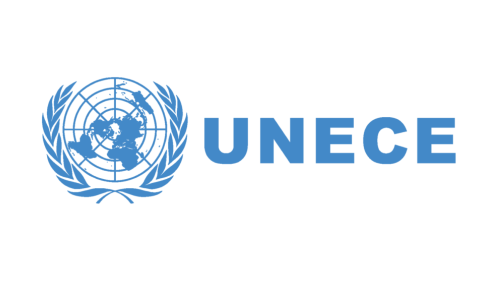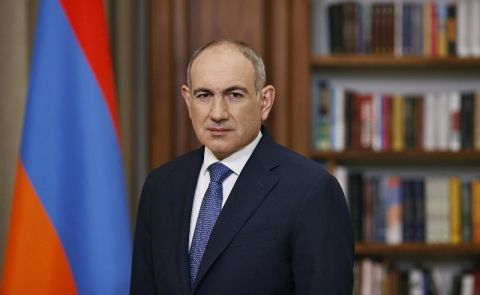
Lavrov Pledges Support for Separatist Abkhazia and South Ossetia
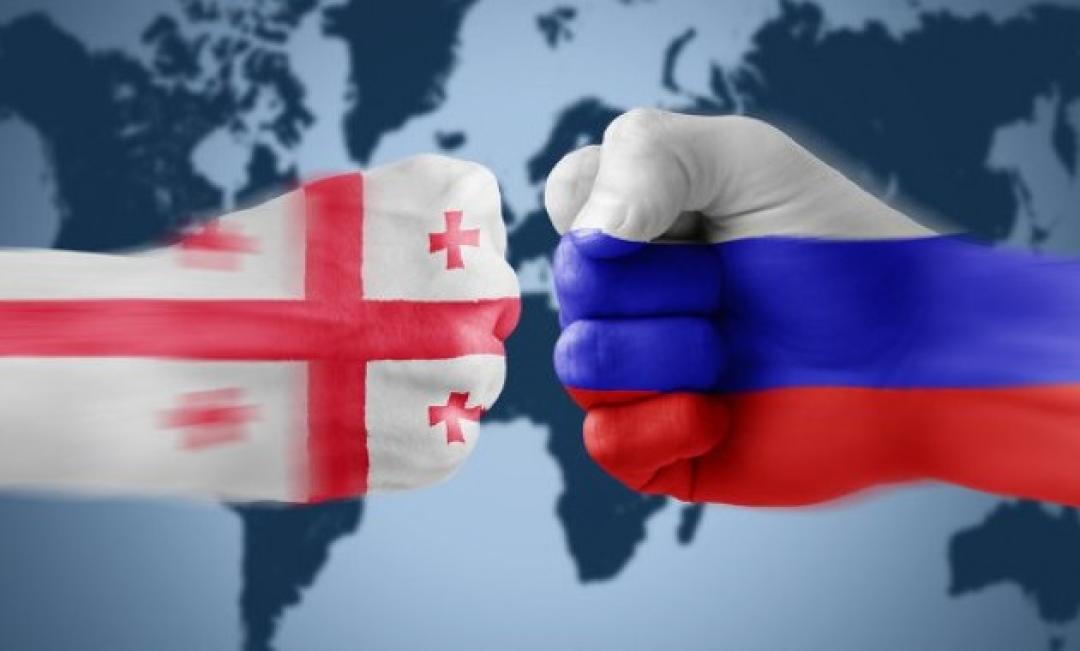
On October 4, Russian Foreign Minister Sergey Lavrov met with Akhsar Jioev, the de-facto Foreign Minister of South Ossetia, in Moscow, where Lavrov reiterated Moscow’s unwavering support for Tskhinvali, particularly in light of its backing of Russia’s “special military operation” in Ukraine. Lavrov expressed his appreciation for South Ossetia’s alignment with Russia in its efforts to create what he described as a “just global order” and reassured that Russia’s stance on the decisions made in 2008—specifically, the recognition of South Ossetia’s independence—would remain unchanged.
Lavrov emphasized the strong strategic partnership between Russia and South Ossetia, describing it as “time-tested” and rooted in the 2015 Treaty on Alliance and Integration. He confirmed that Moscow would continue to provide comprehensive assistance to the Tskhinvali region, encompassing defense, economic, humanitarian, and social sectors. Lavrov made it clear that Moscow’s position on South Ossetia’s independence would not be reconsidered, reaffirming Russia’s commitment to the decisions made following the 2008 Russia-Georgia war.
This meeting comes as Georgia’s ruling Georgian Dream party promotes the idea of restoring the country’s territorial integrity. Although the details of how this would be achieved remain vague, there has been speculation that constitutional amendments could lead to changes in Georgia’s territorial arrangements, possibly steering the country toward a confederation model.
Lavrov also referenced the ongoing Geneva International Discussions (GID), established after the 2008 war to address the conflict's aftermath. He hinted at the possibility of relocating these talks, noting that they had been held in Geneva “until recently,” and that alternative locations were being considered.
In turn, Jioev expressed gratitude to Lavrov and the Russian government for their consistent support of South Ossetia’s “statehood” and socio-economic development. He also highlighted the participation of South Ossetian residents in the Ukraine conflict, framing it as a “common struggle” with Russia.
Separately, Georgian media reported on October 4 that Russian-led geological exploration had begun in the occupied Tskhinvali region, near the village of Ghromi. The project, which started in late September, involves surveying and mapping the area, including aerial photography, magnetic, and seismic surveys, as part of efforts to identify potential oil reserves. This follows an agreement signed in April 2024 between South Ossetian authorities and Rusneftegaz, a Russian energy company. According to reports from TASS, the exploration could take between three to five years, involving a range of geochemical and seismic studies, as well as plans for commercial exploitation of any identified hydrocarbon reserves.
The exploration of oil fields in the occupied Tskhinvali region adds another layer of complexity to the already tense relationship between Georgia and Russia. It underscores Moscow’s ongoing resource extraction efforts in regions internationally recognized as Georgian territory while also highlighting Russia’s broader strategy of deepening its economic and political presence in the occupied territories.
See Also

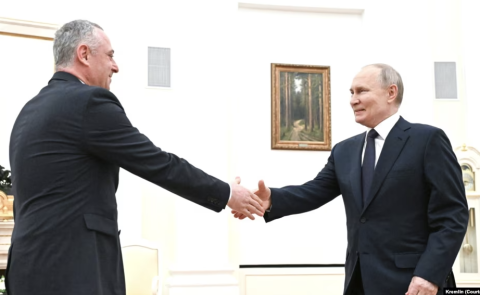
Abkhazia’s Separatist Leader Discusses Relations with Russia

CoE Commissioner Addresses the Georgian Government
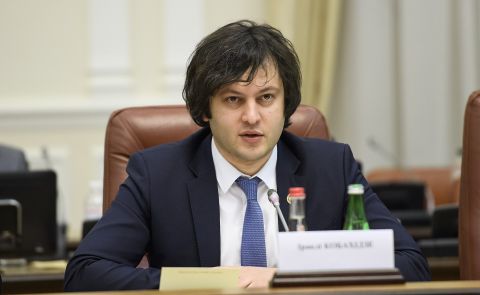
Kobakhidze Announces Plans to File Lawsuit to Ban the "Collective National Movement"
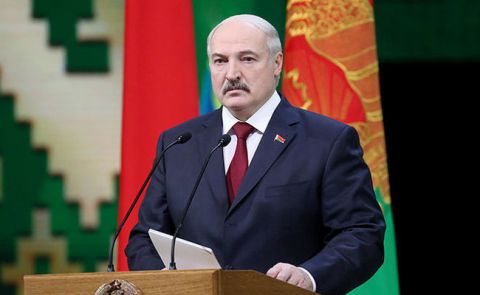
Belarus Affirms It Has Never Been an Adversary to Georgia
